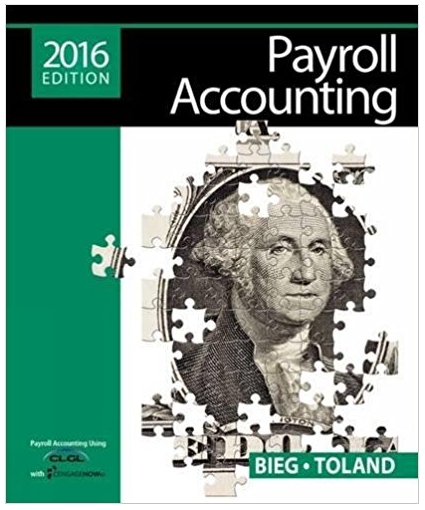Question
Q. Veridian Dynamics is a growing graphics design and printing firm, with 6 locations in rural southern Alberta, with one acting as the central office.
Q. Veridian Dynamics is a growing graphics design and printing firm, with 6 locations in rural southern Alberta, with one acting as the central office. Veridian designs and prints its graphics at each office and has a couple of well-established suppliers for dyes and products to be printed. The customer base is quite diverse, and with increasing competition, Veridian is placing more emphasis on responding to inquiries quickly, buying potential customer lists to find new customers, and looking for ways to sell additional products to each customer to improve revenue and profits. The company is also in the process of converting its static web site so that customers can enter order information online and contact staff with questions about their orders. Each location currently sends its accounting transactions to the central office by mail or email for processing and financial reporting. Email is not always reliable as the Internet connections are often slow and sometimes stop functioning for a few hours at a time. There are three bookkeeping staff at the central location, two of whom work part-time. All three were involved in selection of the current accounting system several years earlier and are very comfortable with it. Veridian is considering moving to a public cloud-based accounting system, as its current system is outdated, with both the hardware and software in need of replacement. The cloud- based solution is from a well-established company who provides services nationally. The cloud-based system has some differences in the user interface relative to the current system, but also expanded functionality which means one of the current bookkeepers will likely no longer be needed. Savings from eliminating one part-time position are estimated at $15,000 per year for the second through to fourth years. Multiple cloud tenants would be sharing the software from the cloud services provider, though each tenant (customer) would have access to only its own data. The cloud-based system will cost $7,000 a year for the first 4 years, after which Veridian can either extend its contract or choose a different solution without penalty. Veridian will also need to buy seven basic computers to access the cloud system in the first year, at a cost of $700 each. Each location will be responsible for entering its own transaction data, though the central office will handle adjustments and financial reporting. Some additional training will also be needed in the first year, at an estimated cost of $7,000. If Veridian decides to buy the new version of its current software, plus six new computers to run and access the software, it will cost $10,000 in the first year for the computers and software, plus annual maintenance costs of $1,000 a year for technical support. No training will be needed. The hardware is expected to last for four years before a replacement is needed. Veridian is unsure however if the hardware and software will be capable of supporting the company if current growth rates continue, given the increase in the volume of transactions and increasing demands for more sophisticated financial reporting.
Q. Comment on one vulnerability of each of the two alternatives for the accounting system, given the information provided in the scenario and using the concepts discussed in Chapter 10 of the course pack on P. 173. Provide at least one solution for each vulnerability you identify.
Step by Step Solution
There are 3 Steps involved in it
Step: 1

Get Instant Access to Expert-Tailored Solutions
See step-by-step solutions with expert insights and AI powered tools for academic success
Step: 2

Step: 3

Ace Your Homework with AI
Get the answers you need in no time with our AI-driven, step-by-step assistance
Get Started


